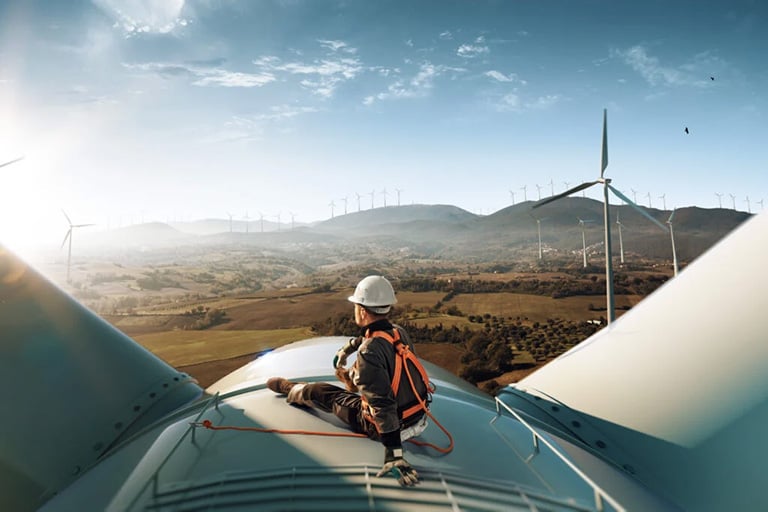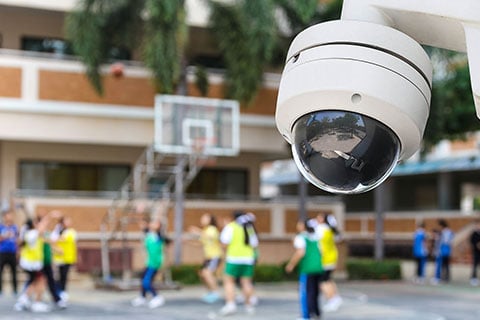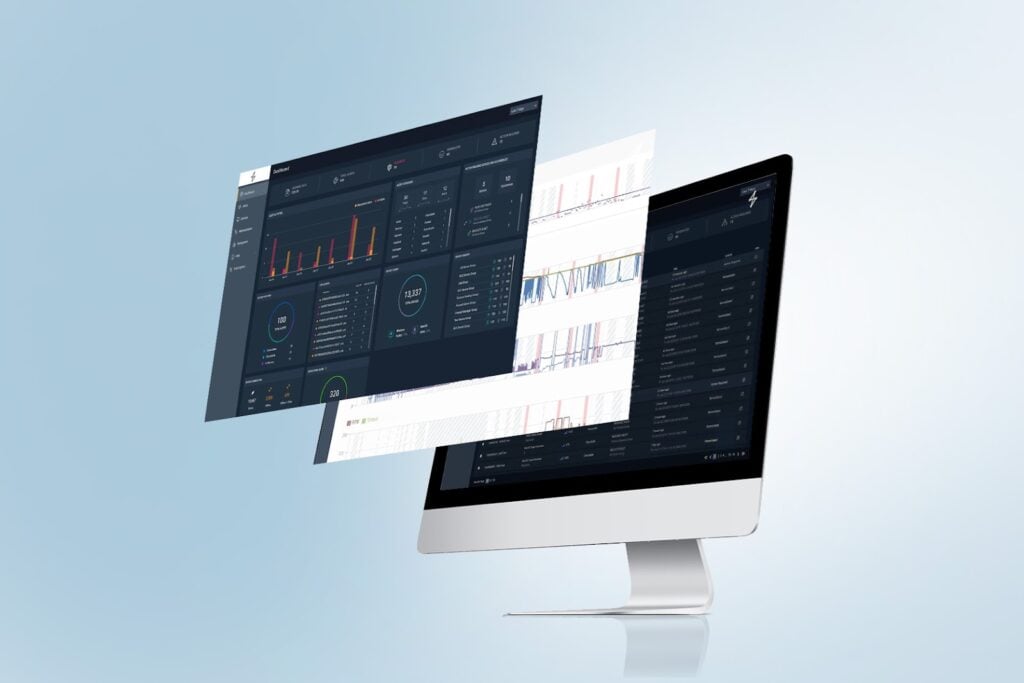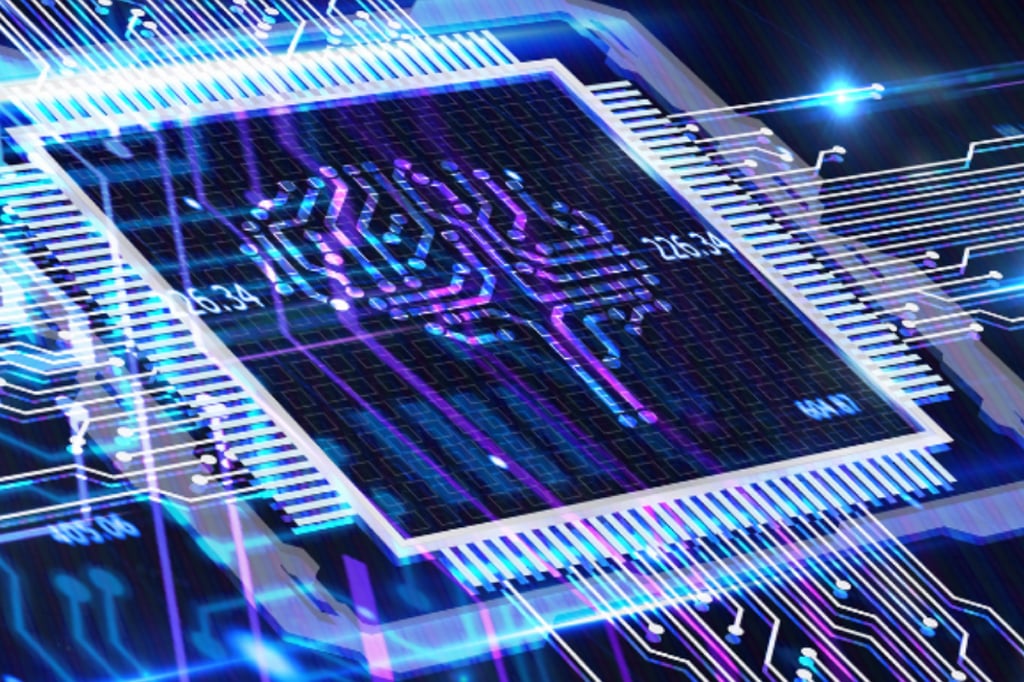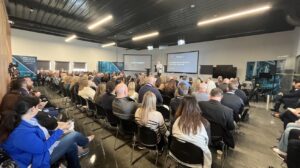Earth Day was first proposed at the 1969 UNESCO Conference in San Francisco by peace activist John McConnell. It was subsequently sponsored and brought to fruition by Wisconsin Senator Gaylord Nelson, largely in response to the blow-out of an oil rig that year off the coast of Santa Barbara, California that resulted in the spilling of more than 3M gallons of oil into the channel. The fire on the Cuyahoga River in Ohio on June 22, 1969, only added to the rapidly-growing desire to create an annual event that would draw attention to the challenge of planetary sustainability.
On the first Earth Day, held on April 22, 1970, more than 20 million people turned out on the streets, making it the largest single-day protest in human history. Today, more than a billion people in 192 countries participate in Earth Day activities each year.

SparkCognition, AI, and sustainability
In April 2019, renewables surpassed coal-fired electricity generation in the U.S. for the first time (see figure below). And the International Energy Agency estimated that more than 30% of global electricity production came from renewables (wind, solar, and hydro) last year. Worldwide investments in renewable energy and efficiency measures surpassed $400B last year and the global renewable energy industry is expected to surpass $1.5T by 2025. That means wind, solar, hydro, and electricity storage operators are challenged more than ever to maximize their operational efficiency and cost performance. It is, therefore, critical that they get the best possible results from their generation assets, particularly given the sometimes intermittent nature of renewable generation, which makes it even more important that power production occurs at peak capacity during times when the wind is blowing and the sun is shining.

At SparkCognition, we are committed to collaborating with renewable generators and asset operators to help them optimize their performance, in the process creating a better, smarter, and more sustainable world. As part of this commitment, SparkCognition in 2021 acquired Ensemble Energy, a leading provider of products and services for the renewable energy industry. As a result of this acquisition, SparkCognition™ Renewable Suite is now the world’s first artificial intelligence (AI)-enabled asset management platform for clean energy, supporting the industry in its mission to move the world towards cleaner, more sustainable power creation.
SparkCognition Renewable Suite
SparkCognition Renewable Suite is the most advanced product on the market today for addressing these challenges, allowing operators to realize significant operational improvements, while also providing safer workplaces. Renewable Suite is a cloud-based platform that is easily implemented and highly scalable, providing a comprehensive asset management and predictive analytics suite. Cutting-edge, easy-to-use tools allow owners to extract, analyze, and gain insights from large streams of wind, solar, and storage asset performance data.
Renewable Suite enables generators to take advantage of predictive maintenance recommendations that optimize logistics, improve planning, perform timely maintenance, prevent failures, quickly identify underperforming assets, and ensure effective follow-through—all with the help of SparkCognition tools and experts. Unmatched data analytics, asset management, and O&M planning tools are all integrated into a single platform.
Using AI-powered machine learning (ML) solutions, Renewable Suite has proven its ability to:
- Increase annual energy production by up to 2%
- Decrease O&M costs by 10%
- Significantly improve operational efficiency
- Increase worker safety
But SparkCognition’s commitment to sustainability is not limited to the powerful portfolio of capabilities offered by Renewable Suite for the renewable energy industry. Numerous other industries—from oil and gas and manufacturing to aviation and shipping—have identified aggressive net-zero goals of their own that will govern their day-to-day operations in the years to come. These include maximizing equipment efficiency to reduce power usage and data analytics that optimize the use of critical resources like water and electricity.
Earth: The ultimate priority
With the arrival of Earth Day 2022, companies are challenged more than ever to walk the delicate line between keeping up with the market’s profitability expectations while also achieving the net-zero goals they have set for themselves.

But these goals need not be as antithetical as they may at first appear. By embracing technologies like artificial intelligence and machine learning, companies can simultaneously optimize operational efficiency and profitability while also ensuring that precious resources are not wasted and the energy needed to run their businesses is obtained in the most sustainable manner possible. In that way, both costs and carbon footprint can be successfully minimized. There may only be one earth, but there are plenty of technologies available to protect it.
To learn more about how SparkCognition solutions are helping achieve sustainability for our clients and for the world, contact us at info@sparkcognition.com.

